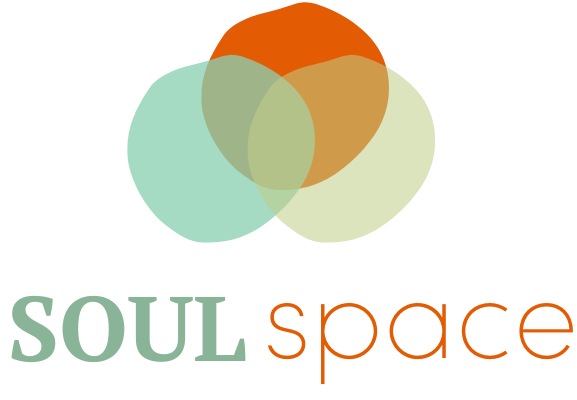Preparing For The UnKnown
As we head into the new year with hopes of a better tomorrow, I cannot help but reflect on all the chaos that now defines the year 2020. It is true that some were afflicted more than others, but I think it is safe to say that the negative effects were felt by all. Let’s be honest, no one could have seen that coming.
Our workplaces and schools are different. Our social lives are different. Our ordinary routines have been, well, completely altered. And our mental health was put to the test as we attempted to navigate the roller coaster of circumstances brought about by these unprecedented events.
But we made it to 2021! Weary and worn, we look ahead for relief. And even though this year will be different, it is certain to have its own share of both celebration and struggle. Not wanting to be caught unprepared again, we search for ways to buffer ourselves from whatever may come our way. But how can we prepare for the unknown? Is it possible to safeguard ourselves from future struggle and circumstance?
The answer, I believe, is twofold.
The first step involves a reframing of our mindset about the nature of this life. Author Scott Peck, in The Road Less Traveled (Touchstone, 1978), began by saying, “Life is difficult.” And then he said, “Once we truly know that life is difficult – once we truly understand and accept it – then life is no longer difficult. Because once it is accepted, the fact that life is difficult no longer matters.”
Preparing for the unknown first involves approaching life from a realistic perspective. If our approach has been to strive for a problem-free life we are setting ourselves up for heartache and failure. Life is difficult. There is no age, economic status or level of professional achievement that eliminates struggle. But life is also beautiful. There are birthdays and graduations, promotions and achievements, kind words and milestones, beauty and creativity. It is a certainty of life that these two realities co-exist. Once accepted, the uncertainty of the future becomes a more manageable concept. So, celebrate the good, no matter how large or small, and remind yourself that problems will come. When they do, you might even offer a metaphorical greeting such as, “There you are. I was expecting you.”
The second step in preparing for the unknown involves cultivating close relationships with other people. There is great wisdom in the old saying, two heads are better than one. So many things in life simply cannot be accomplished alone. It is very difficult to support myself, encourage myself, or comfort myself. I cannot carry on an effective conversation with myself, and it is definitely no fun to try and celebrate by myself. I know that as Americans, we pride ourselves on our independence, but this is actually not how we were designed to function. We were designed to live in community.
You see, if I have people in my life that provide tangible comfort when I am sad or worried or afraid, and people who celebrate with me when good things come my way…I feel loved. I feel seen and heard and safe. I have energy to be creative because I don’t have to carry the weight of the world on my own shoulders. My anxiety goes down. I can think clearly and solve problems because I am not alone. I am better prepared for the unknown because I experience a sense of security, knowing that when I need help, there is someone I can call.
For those who may not currently have anyone in their life with whom they can be vulnerable, I want to assure you that this message is for you too. There are many reasons why we might find ourselves in that position. Often it is because we have been so hurt by others that it is unthinkable to trust. Defenses are built so high that they cannot be taken down, even if (at times) we want to. This is one of those problems that cannot be solved alone and illustrates the great relational paradox: We are hurt in relationship and we are healed in relationship. Some people function best in our lives as acquaintances, while others can be trusted with our deepest vulnerabilities. Most people fall somewhere in between. We all need at least one trustworthy friend in our lives. If asking for help to the people in your life feels too risky, consider starting with a counselor or life coach – someone whose career is built around being safe.
So, as you wonder about the upcoming year and try to imagine all that it will bring, expect there to be ups and downs. Take care to protect your mind from hyper focusing on only the bad. Likewise, be mindful of times when you are tempted to insist that everything is OK (when in reality, it is not). Be intentional about cultivating closer relationships with the safe people in your life. Friends provide the vital support we need in order to stay grounded in reality and face our problems with strength and creativity.
I wish that I could wrap this up with three easy steps to a problem-free life, but I suspect you would see right through that anyway. Deep down we already know that life is unpredictable but when we are armed with the truth about life and supported by good friends, we can weather any storm that comes our way.

